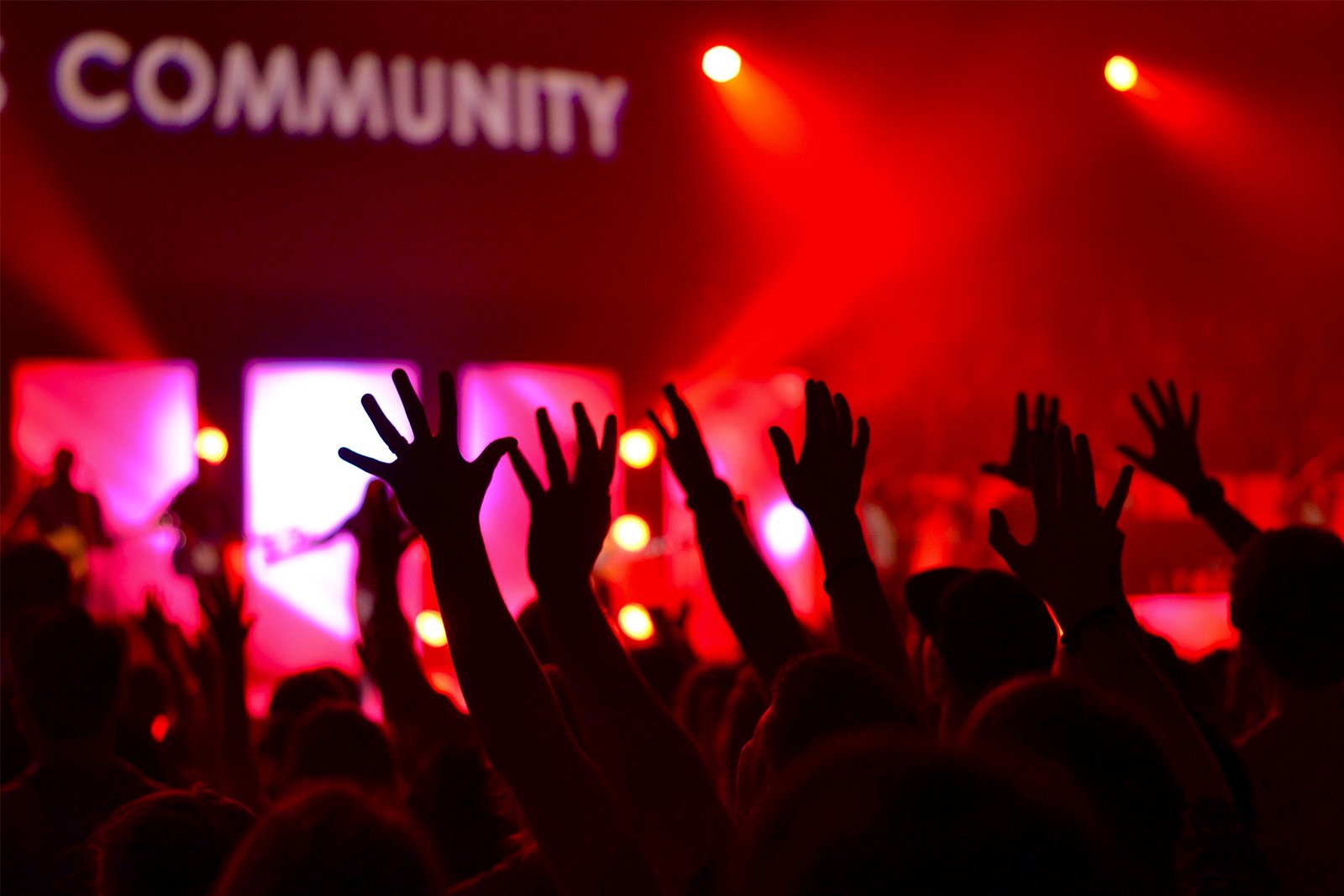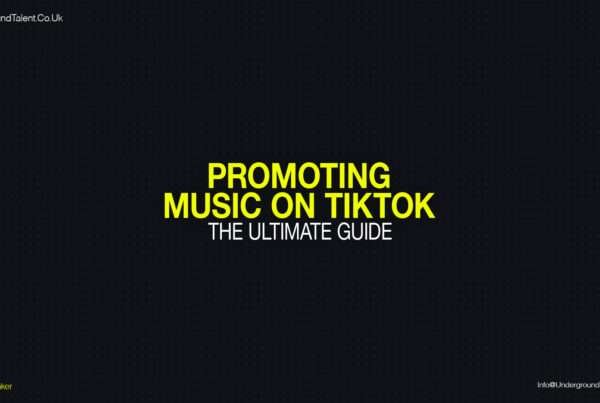Introduction to Networking for Electronic Music Artists and Labels
Networking is crucial for anyone in the music industry.
It connects you with new talents, ideas, and opportunities. Effective networking can open doors that otherwise might remain closed. By forming relationships with other professionals, you’re more likely to find collaborative partners, gain insider advice, and receive recommendations that can propel your career forward.
It’s not just about meeting people; it’s about connecting with the right people who can influence your path positively. The benefits of networking extend beyond immediate opportunities.
A well-established network provides long-term support and visibility in the competitive music landscape. It helps you stay informed about industry trends, upcoming events, and potential job openings. Networking can significantly enhance your reputation, making you a go-to person in your field.
Moreover, strong connections may lead to endorsements, partnerships, and funding for projects that are crucial for career advancement.
The Power of Networking in the Electronic Music Industry
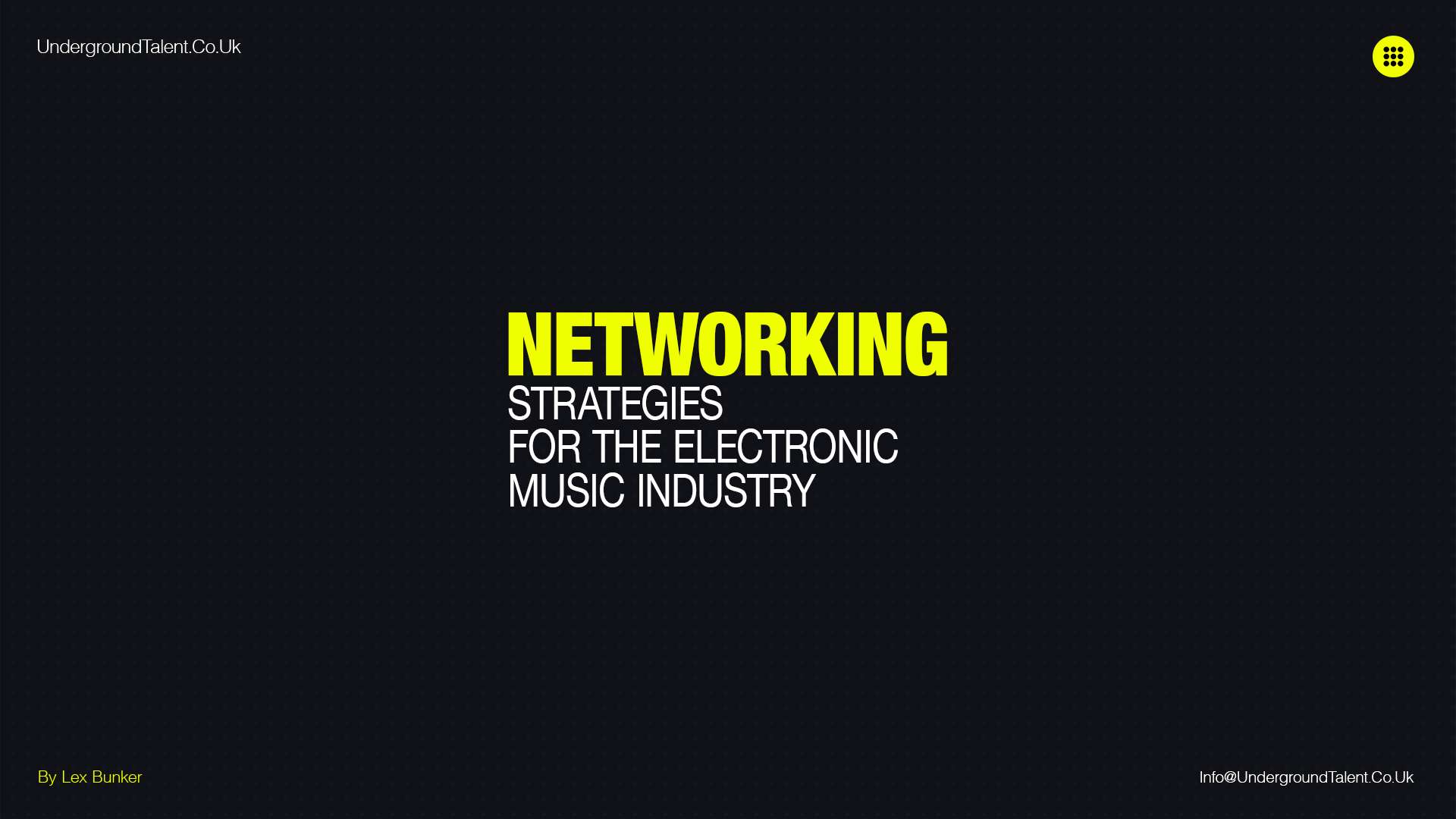
The Essentials of Music Industry Networking
Defining Your Networking Goals and Objectives
Setting clear goals is the first step to effective networking. Ask yourself: What do I aim to achieve? Whether it’s finding a mentor, expanding your fan base, or securing gig opportunities, knowing your objectives guides your actions. Tailor your networking efforts to meet these goals. For example, if you’re looking to collaborate, focus on events attended by potential partners. By setting specific, achievable objectives, you streamline your networking process, making it more focused and productive.
Understanding the Value You Bring to the Table
Knowing your unique strengths is just as crucial as understanding what you seek from others. Reflect on what makes you stand out. Perhaps it’s your innovative production style, your ability to write compelling lyrics, or your knack for engaging live performances. Recognizing your value allows you to present yourself confidently and identify mutually beneficial opportunities. When you approach networking with a clear sense of what you offer, you not only attract the right connections but also contribute positively to the music community.
Maximizing Social Opportunities
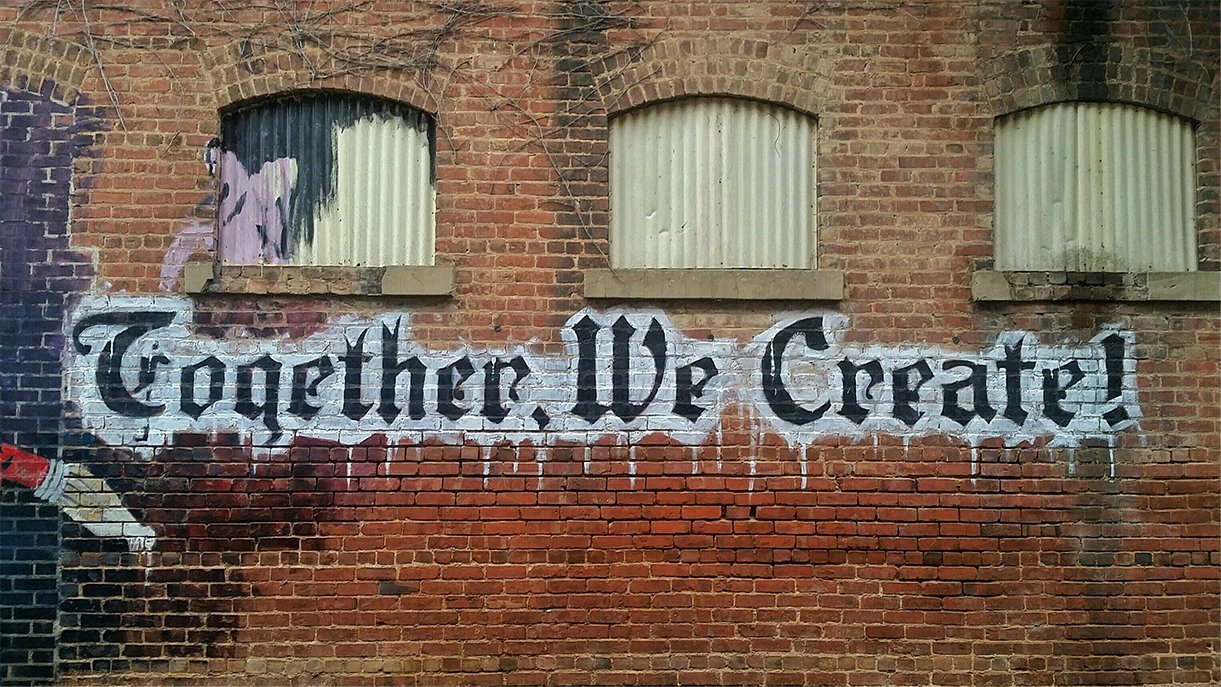
Image by My Life Through a Lens
Tips for Networking in Your Leisure Time
Networking doesn’t have to be confined to formal events. Many fruitful relationships are built in more relaxed settings. Consider these tips for leveraging your leisure time:
- Attend Local Gigs and Open Mics: Support other artists and introduce yourself. These settings are less formal and can lead to genuine connections.
- Join Music and Arts Clubs: These groups often have a mix of fun and professional events.
- Participate in Workshops and Masterclasses: Not only do these improve your skills, but they also surround you with like-minded individuals.
- Use Social Gatherings: Even non-industry parties or gatherings can offer opportunities. Be open about your music career; you never know who might have the right connections.
The Art of Casual yet Effective Music Industry Conversations
Engaging in casual yet impactful conversations is an art that can significantly enhance your networking success:
- Be Genuine: Show real interest in others’ work and experiences. Authenticity fosters better relationships.
- Listen More Than You Speak: Understanding others’ needs and how you might help, sets a foundation for mutual benefit.
- Prepare an Elevator Pitch: Have a concise, compelling description of your work ready, to make the most of impromptu opportunities.
- Ask Open-Ended Questions: Encourage others to talk about themselves to find grounds for future collaborations.
- Follow-Up: After a good interaction, a simple follow-up message can keep the connection alive and lead to more in-depth discussions.
Stepping Out of Your Comfort Zone
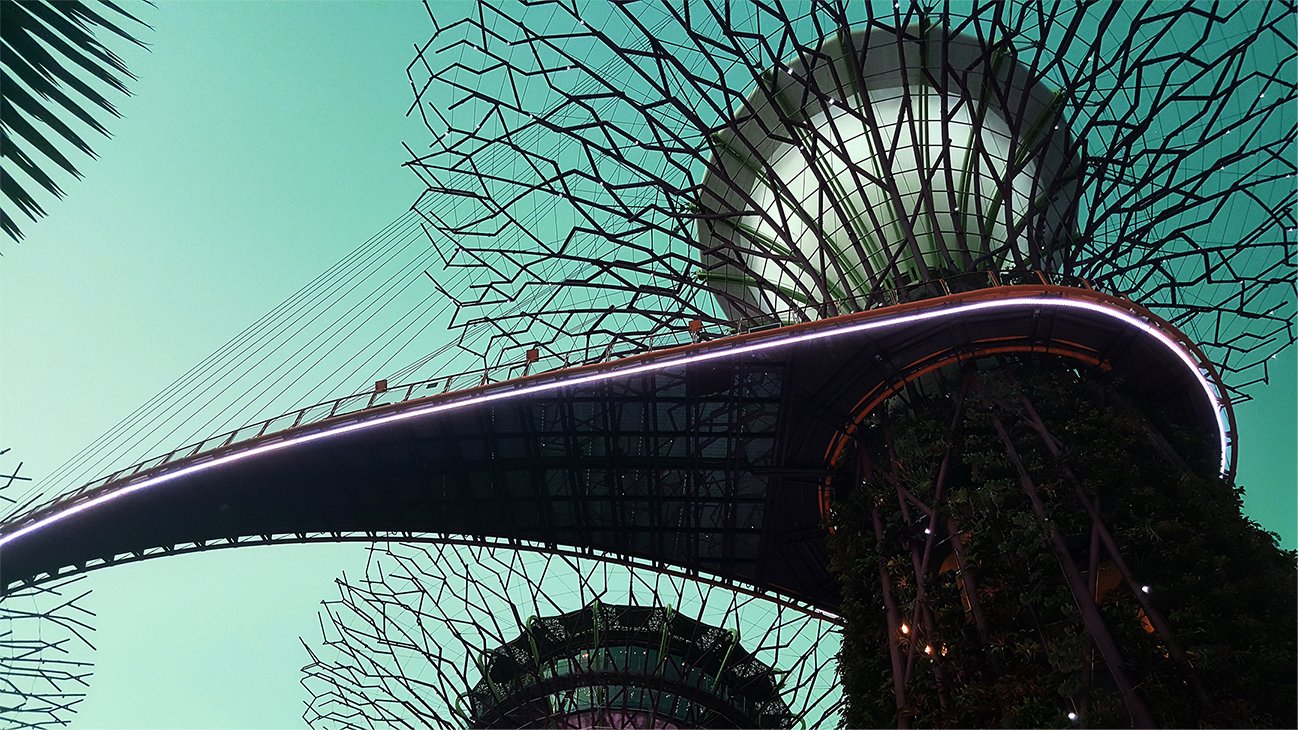
Image by Timj
Overcoming Introversion to Boost Your Networking Success
Networking can be daunting, especially for those who identify as introverts. However, stepping out of your comfort zone is essential to harness the full potential of industry connections. Embrace these methods:
- Set Manageable Goals: Start with small, achievable networking goals like introducing yourself to at least three new people at an event.
- Attend Smaller, More Intimate Gatherings: Choose events where the atmosphere is quieter and conversations can be more meaningful.
- Bring a Wingman: Sometimes, having a more extroverted friend accompany you can help ease the process.
- Practice in Non-Pressure Situations: Engage more with strangers in everyday situations to build your confidence.
Practical Techniques to Become More Outgoing in Industry Settings
Becoming more outgoing isn’t about changing who you are but enhancing your ability to communicate your value:
- Prepare Conversation Starters: Keep a list of questions and topics that are relevant to the event and can help break the ice.
- Use Positive Affirmations: Remind yourself of your past successes and unique skills to boost your confidence before events.
- Engage in Role-Playing Exercises: Practice your networking scenarios with a friend or mentor to reduce anxiety.
- Visualize Success: Before attending an event, visualize yourself successfully interacting with others; this can increase your psychological readiness.
- Join Toastmasters or Similar Groups: Such organizations can help you improve your public speaking and social skills in a supportive environment.
Maintaining Positivity in Professional Interactions

The Pitfalls of Negativity and Gossip in Networking
Negativity and gossip can severely damage your professional image and undermine your networking efforts. Such behaviours can alienate potential allies and create an atmosphere of distrust. When you speak negatively about others or engage in gossip, you not only risk losing respect but also miss out on potential opportunities for collaboration. People are more likely to form lasting professional relationships with individuals who exude positivity and respectfulness.
Cultivating a Positive Persona in the Music Industry
Creating a positive persona is crucial for successful networking in the music industry. Here’s how you can cultivate this:
- Show Genuine Enthusiasm: Express sincere interest in others’ projects and successes. This can foster goodwill and mutual respect.
- Be Supportive: Offer help or advice when appropriate. This not only builds rapport but also establishes you as a collaborative and reliable figure.
- Practice Gratitude: Always thank people for their time and advice. A simple thank you can go a long way in making a good impression.
- Stay Optimistic: Discuss challenges positively, focusing on solutions rather than problems. This outlook can make you a more appealing collaborator.
- Consistently Self-Reflect: Regularly assess and adjust your attitude and behaviour to ensure you remain a positive presence within your network.
Authenticity in Your Professional Relationships
Balancing Professionalism and Personality
True professionalism doesn’t mean hiding your personality. Infuse your unique character into professional interactions. This balance makes you memorable and relatable, enhancing trust and rapport. Be consistent in your communication style and behavior, ensuring that your professional interactions reflect your true self without compromising your work’s integrity.
The Importance of Being True to Your Values and Vision
Staying true to your values and vision is critical in the music industry. It guides your decisions and interactions, attracting like-minded professionals and opportunities. When your actions reflect your core beliefs, you build a strong, authentic brand that resonates with collaborators and fans alike. This authenticity fosters deeper connections and loyalty, which are invaluable in the competitive music landscape.
Contributing Value to Your Network
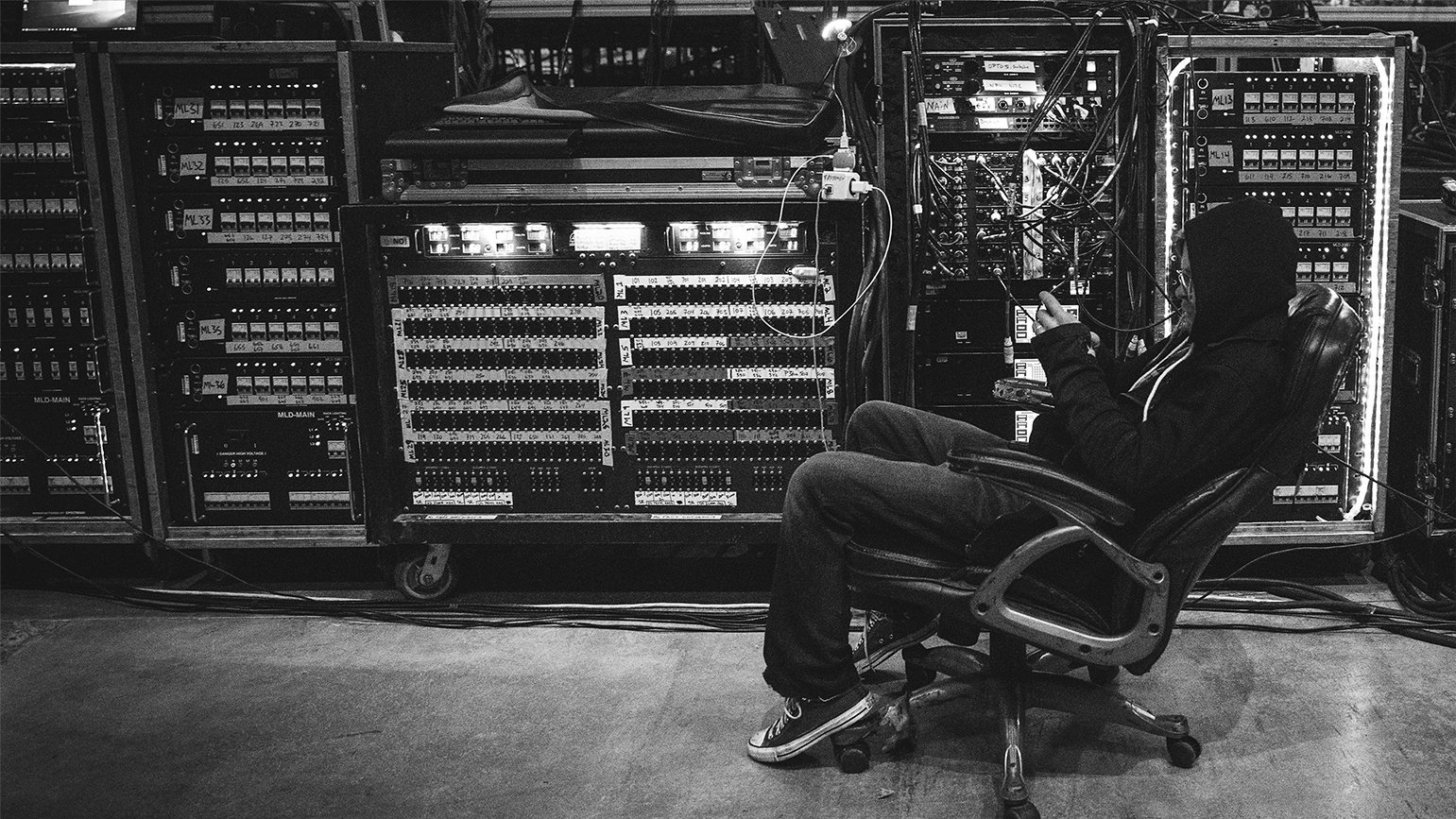
Image by Jessie Mccall
How to Be Useful and Impactful in Your Professional Circles
Contributing value to your network means more than just taking opportunities. Offer your skills and knowledge where they can help others. For instance, share insights from your experiences, provide feedback on projects, or introduce connections that could benefit others. Being proactive in supporting your network not only strengthens your relationships but also encourages reciprocity.
Examples of Adding Value Without Overextending Yourself
It’s possible to add value without sacrificing your own goals or well-being:
- Share Resources: Recommend tools, apps, or information that you find useful.
- Mentor Others: Offer guidance to less experienced industry members.
- Volunteer Your Services for a Cause: Help out at industry events or in community projects related to your field.
- Facilitate Introductions: Connect people within your network who have mutual interests or could benefit from knowing each other.
- Participate Actively in Discussions: Contribute thoughtful insights in meetings or online forums.
Understanding Networking Dynamics
Building Trusting Relationships and Strategic Partnerships
The foundation of effective networking lies in building trust. Trust is cultivated over time through consistent, honest interactions. Focus on being reliable and transparent in all dealings to establish a strong reputation. Strategic partnerships should be nurtured by aligning with individuals or organizations whose goals complement your own, thus creating mutually beneficial relationships. Regular communication and shared projects can strengthen these bonds, leading to long-term collaborations.
Networking Isn’t Just About What You Can Get, But What You Can Give
True networking is reciprocal. Consider what you can offer to your connections, not just what you can gain from them. This might include providing a platform for others’ ideas, sharing industry insights, or supporting colleagues’ events. By approaching networking with a giving mindset, you build more meaningful and enduring relationships. This approach ensures a balanced exchange that can lead to richer, more productive interactions.
The Role of Digital Tools in Networking

Image by Jakob Owens
Leveraging Social Media to Enhance In-Person Connections
Social media platforms are invaluable for extending the reach of your in-person networking efforts. Use platforms like LinkedIn, Twitter, and Instagram to follow up with new contacts, share content that showcases your expertise, and keep your network informed about your activities. Engaging with others’ posts, sharing relevant content, and participating in online discussions can also strengthen connections made at events.
Using Online Platforms to Maintain and Grow Industry Relationships
Digital tools offer more than just communication benefits; they are essential for maintaining and expanding your professional network. Regular updates and interactions via professional sites like LinkedIn or industry-specific platforms can keep you top of mind among your peers. Additionally, online tools can help you track the progress of your relationships, schedule follow-ups, and organize contacts efficiently. Utilizing CRM (Customer Relationship Management) tools can also streamline these processes, ensuring no valuable connection slips through the cracks.
Learning from Successful Networking Case Studies
Examples of Musicians Who Excelled Through Strategic Networking
Many musicians have propelled their careers forward by leveraging their networks effectively. For example, consider an emerging artist who secured a breakthrough performance at a major festival by connecting with the right promoter at a networking event. Or a songwriter who landed a lucrative publishing deal after being introduced to a music executive at a conference. These success stories underscore the value of strategic networking and being prepared to seize opportunities.
Lessons from Failures: What Not to Do in Networking
Equally important are the lessons learned from networking missteps. Common pitfalls include failing to follow up after making a connection, not preparing adequately for industry interactions, or networking only when in need. These mistakes can lead to missed opportunities and a reputation for being unreliable or insincere. Learning what not to do can help you avoid these errors and enhance your networking effectiveness.
How Important is Networking to Artists?
Statistical Insights on the Effectiveness of Networking in the Music Industry
Data consistently show the critical role of networking in the music industry. Surveys from industry sources reveal that a significant percentage of music professionals attribute their success to networking. For instance, findings might indicate that over 60% of artists find their most lucrative opportunities through industry connections rather than through public applications or cold calls.
Analyzing the Impact of Networking on Career Advancement
The impact of networking on career advancement in the music industry cannot be overstated. Artists who actively engage in networking often experience faster career progress, gain access to insider knowledge and secure better opportunities. Networking leads to enhanced visibility, increased chances of collaborations, and direct access to gatekeepers in the industry. By analyzing the trajectories of artists who prioritize networking, it’s clear that building and maintaining a robust professional network is indispensable for sustained success in the music field.
Advanced Networking Strategies for Music Professionals
Integrating New Technologies and Platforms for Better Connectivity
To stay ahead in the fast-evolving music industry, embracing new technologies is essential. Advanced tools such as VR meet-ups for virtual concerts and AI-driven apps that analyze and suggest potential professional matches can significantly enhance your networking capabilities. Utilizing platforms like Clubhouse for real-time audio conversations allows music professionals to connect and discuss topics in depth with peers globally, expanding their network beyond traditional geographic limitations.
Exploring Cross-Industry Networking Opportunities
Expanding your network outside the traditional music industry circles can open up unique opportunities. Collaborating with professionals in fields such as tech, film, and advertising can provide fresh perspectives and lead to innovative projects. For instance, partnering with tech startups on music-related apps or with filmmakers on soundtracks can diversify your portfolio and introduce your work to new audiences. Attending cross-industry conferences and joining multi-disciplinary professional groups are excellent ways to start.
Measuring the Success of Your Networking Efforts
Tools and Metrics for Evaluating Your Networking Strategy
Effective networking requires regular evaluation. Tools like LinkedIn’s analytics features can track how many connections you’ve made and the engagement levels of your posts. CRM systems are invaluable for managing your contacts and interactions, helping you to follow up appropriately. Metrics such as the number of meaningful interactions, follow-ups, and resultant opportunities (like gigs or collaborations) can provide concrete data to gauge your networking success.
Adjusting Your Approach Based on Feedback and Results
Adaptability is key to maximizing the effectiveness of your networking efforts. Regular feedback from your peers can provide insights into how your approaches are perceived and what might be improved. Additionally, reviewing the outcomes of your networking—such as the number of opportunities created or collaborations formed—can help refine your strategies. If certain tactics are not yielding the expected results, don’t hesitate to innovate or pivot your approach. This could involve seeking new venues for networking, updating your online profiles, or even changing your communication style.
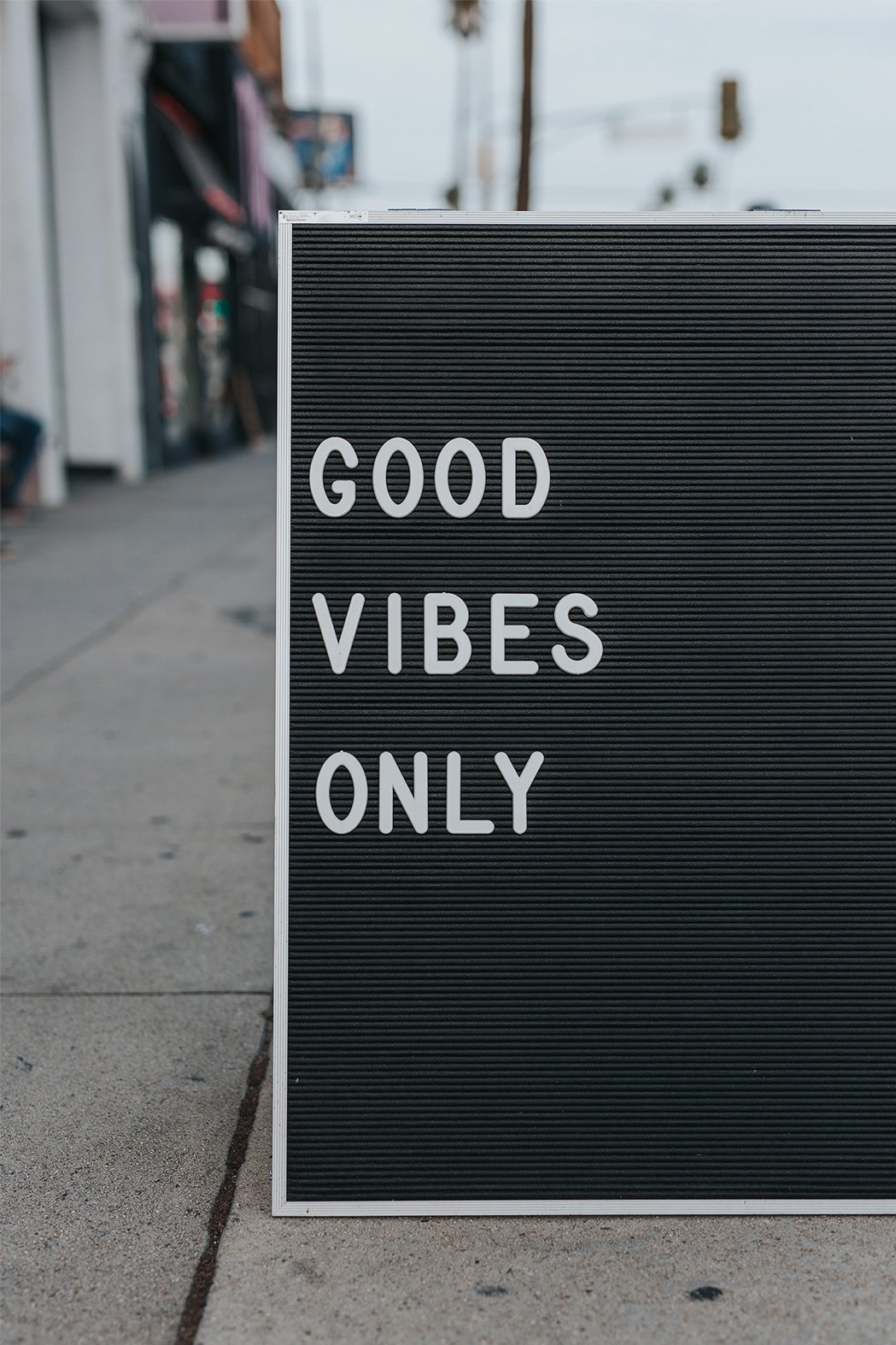
Image by Mark Adriane
Conclusion: Next Steps in Mastering Music Industry Networking
Mastering music industry networking involves setting clear goals, leveraging digital tools, and maintaining authenticity.
Continuously assess and refine your approach based on feedback and results.
Embrace lifelong learning and networking to stay informed and adaptable. Cultivate a mindset of reciprocity, offering support to your connections.
By committing to continuous improvement and lifelong networking, you’ll position yourself for sustained success in the dynamic music industry.
Additional Resources
Producing Techno? Get Your Free Sample Packs.
Dive into electronic music production with our newly released “Free Techno Tools V1” and “Free Techno Tools V2” sample packs. These packs are full of high quality sounds that will add a professional touch to your tracks. If you’re looking to expand your sound library, these free sample packs are perfect for every techno fanatic. Click on the links below to access these fantastic resources and elevate your production game today!
More Techno? Connect With Us.
Join our vibrant community for more wisdom and updates:
And Always Remember…
Have Fun & Be Creative!

